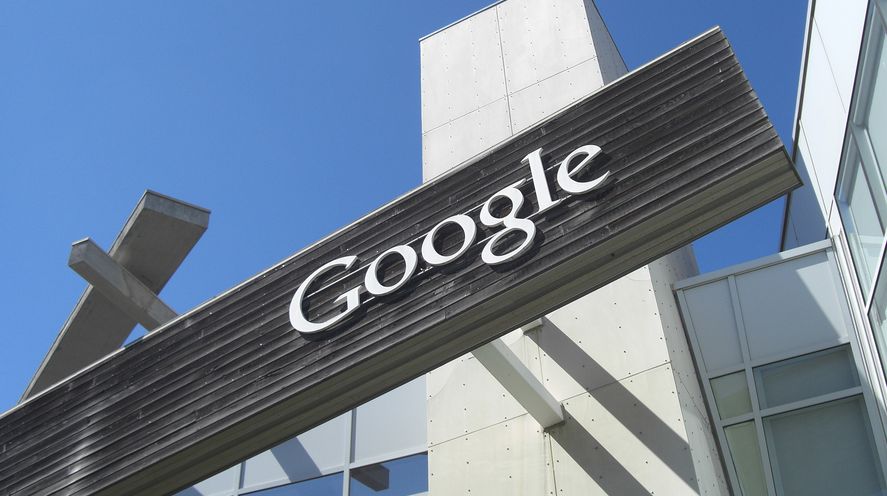The sneaky tactic Google is using to kill price comparison websites
Time to say goodbye to aggregators?

Google is effectively turning into a competitor for many companies who rely on it – and pay it - to get visitors through their doors; and there's not much they can do either.
At the beginning of the last decade, websites like Kelkoo, Pricerunner, Shopping.com and Dealtime dominated online shopping. Now, they barely make an impression in search results. What happened to them? People have changed their online buying habits and Google shifted its strategy beyond just search.
It acquired a UK-based price comparison website called BeatThatQuote.com in 2011 for £38 million, a move that triggered a lot of anxiety in that market.
Keyword search
The same cycle is seems to be taking place in the UK as searches for many keywords usually associated with price comparison websites bring up a Google sponsored section just under the standard PPC (pay-per-click) ads.
The widgets all redirect to a Google subdomain and skip a couple of steps from the conversion funnel (CF). This is a marketing term referring to the process that consumers usually go through to achieve a certain goal set by the website owner (buy a book, read an article, download an app).
I searched for the following keywords (Car Insurance, Comparethemarket, Confused, credit card, current accounts, gocompare, moneysupermarket, mortgage, savings account and travel insurance) and I got the same results.
The end of search?
Google pushing non-paid-for results further down the page and is prioritising its own affiliate links. It's only a matter of time before it includes other less lucrative keywords.
Are you a pro? Subscribe to our newsletter
Sign up to the TechRadar Pro newsletter to get all the top news, opinion, features and guidance your business needs to succeed!
For car insurance for example, you can start a quote by typing in your registration number or retrieve one straight from the SERP (Search Engine Results Page) itself and you don't even have to log into any new system since you're on Google (and are probably already signed in).
According to Amazon-owned online analytics company Alexa, search traffic accounts for about half of traffic to Moneysupermarket.com with 80% of that coming from Google.
It is a relatively logical step as well as it moves from "cost per click" - getting paid for every click - to "cost per acquisition/lead" - getting paid for delivering a purchase or a pre-defined action.
Usually leads carry a much higher reward (tens of pounds compared to pennies) and is something that could endanger the affiliate ecosystem altogether, depending on how ambitious or aggressive Google can be.
Unfair competition?
The impact on the wider Web could be far ranging with publishers, online retailers and anyone that relies on non-display sources of revenue (anything that resembles a banner advert) being potentially affected.
As SEO consultant Ann Smarty bluntly puts it, "branded SERPs are all we [companies] have had left for us!" If companies can't rank first for their own brands, then they are in deep trouble.
Google's propensity to push brand owners further down SERPs and deprive them of traffic and revenue is likely to set alarms ringing in competition courts in the EU.
The search company recently reached an agreement with the EU and settled an antitrust case, avoiding a hefty fine in the process, while Canada's competition agency took Google to court over its perceived dominance in search.

Désiré has been musing and writing about technology during a career spanning four decades. He dabbled in website builders and web hosting when DHTML and frames were in vogue and started narrating about the impact of technology on society just before the start of the Y2K hysteria at the turn of the last millennium.